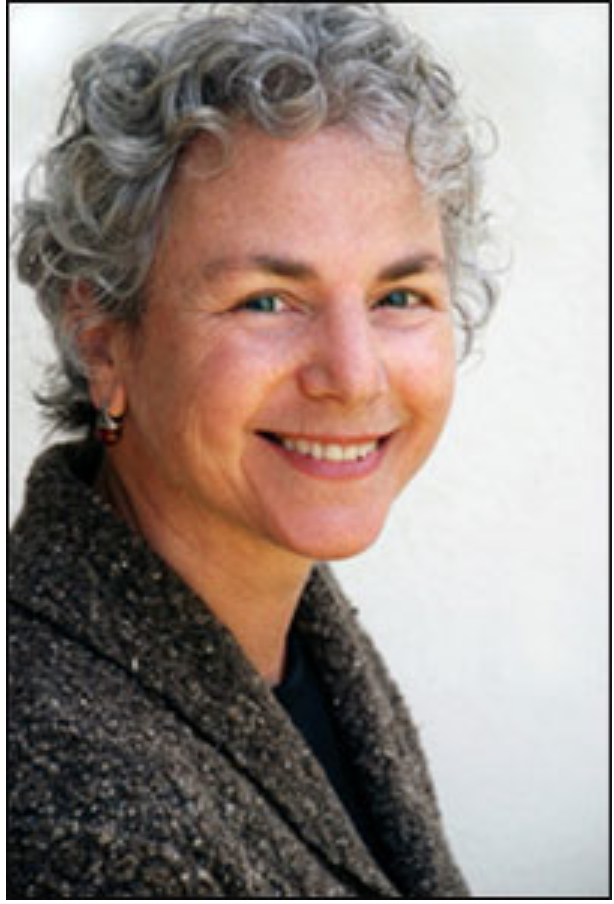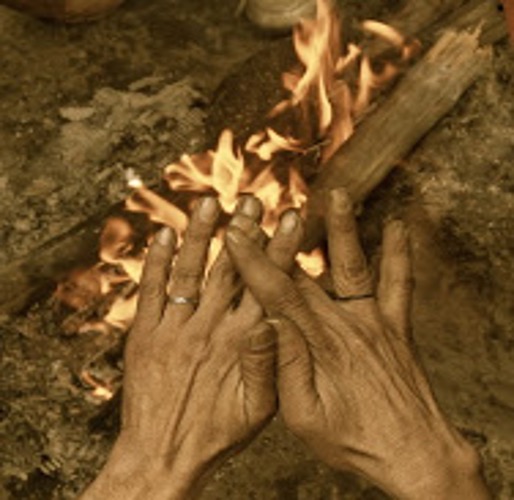The body scan is a wonderful way to ground yourself in your body and in the present moment. Here is a 20-minute body scan from Tara Brach, and a 30-minute meditation from Jon Kabat Zinn. These guided meditations are wonderful, but know that you can do your own body scan, anywhere and anytime. Just start at the top of your head or at the bottom of your toes and work your way through your body, bringing a loving awareness to everything you encounter on the way.
Zinn is one the leading voices in mindfulness based stress reduction and ways to use mindfulness to deal with illness and pain. A good introduction to his work is the book Full Catastrophe Living. You can read about the book here and order it through your local bookshop or Amazon.com and other online book services.
Tara Brach has compiled a wonderful list of resources for working with pain, including a summary of mindfulness strategies and links to talks and guided meditations. You can access it here.
From Danna Faulds, this lovely poem about trusting prana — which is the breath or life force.
Trusting Prana
by Danna Faulds
Trust the energy that
Courses through you Trust,
Then take surrender even deeper. Be the energy.
Don’t push anything away. Follow each
Sensation back to its source
In vastness and pure presence.
Emerge so new, so fresh that
You don’t know who you are.
Welcome in the season of
Monsoons. Be the bridge
Across the flooded river
And the surging torrent
Underneath. Be unafraid of consummate wonder.
Be the energy and blaze a
Trail across the clear night
Sky like lightning. Dare to
Be your own illumination.




